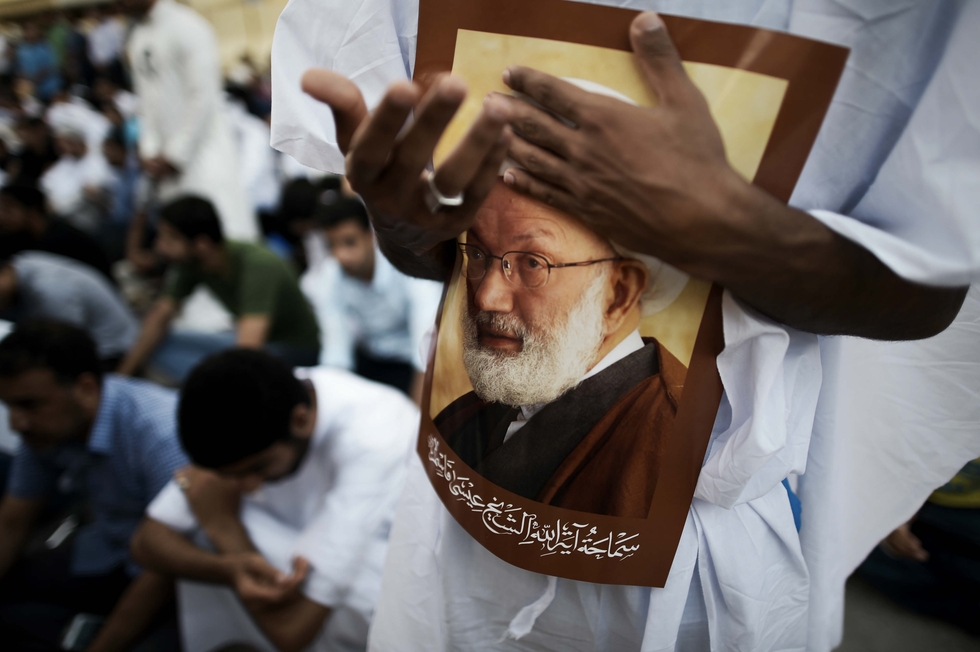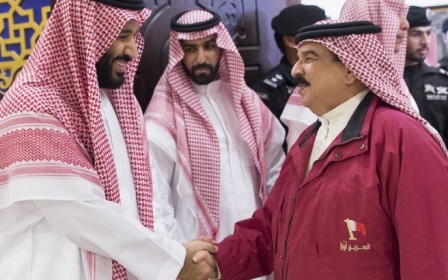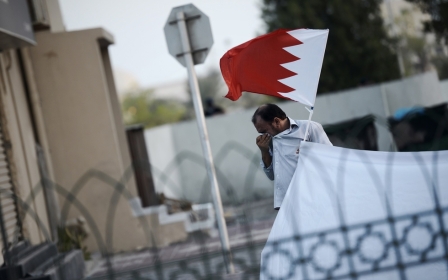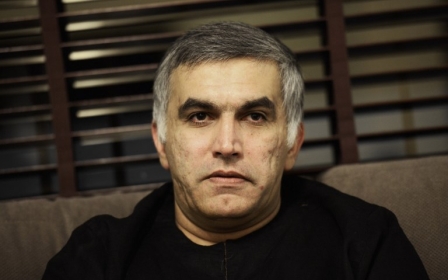Bahrain allows top Shia cleric to travel to UK due to deteriorating health

Ayatollah Sheikh Isa Qassim, Bahrain’s top Shia cleric, travelled to London on Monday due to deteriorating health, according to his aides.
Qassim, who is in his late 70s, is a leading figure in the opposition to the Gulf Arab monarchy and his health has been a point of contention between his supporters and the Bahraini government.
In 2016, who lives in Bahrain, was stripped of his nationality on charges of “serving foreign interests”. The ayatollah has played a leading role in protests against Bahrain’s Saudi-backed Sunni monarchy.
As his condition worsened in recent months, Qassim’s relatives have repeatedly refused the government’s offer to transfer him to a hospital in the island country, saying they feared he could be detained and deported were he to leave his residence.
Qassim was issued a temporary passport, valid for just a year, to be able to fly from Bahrain’s capital Manama to the United Kingdom. The passport was issued on the personal orders of King Hamad bin Isa al-Khalifa, Qassim’s aides said.
Bahrain’s foreign minister, Khalid bin Ahmed al-Khalifa, said in a tweet on Friday that the king had ordered Qassim’s "facilitation of travel” to find medical assistance abroad.
King Hamad had agreed to cover any costs, the minister added.
Translation: His Majesty King Hamad bin Isa al-Khalifa, may Allah help him to facilitate the travel procedures of Sheikh Isa Qassim for treatment abroad, as he wishes. And see his doctors and to cover any costs required for the treatment. May Allah save our king and us from all evil
However Qassim’s aides and relatives said the issue of payment is yet to be decided, and whether the king’s offer to cover costs is accepted or not will be down to the ayatollah.
Since 2011, when protests against the government erupted as part of the “Arab Spring”, tensions have simmered - and occasionally boiled over – between the Shia-majority populace and the Sunni monarchy.
The 2011 demonstrations were put down with the help of Saudi Arabia, but other protests have erupted since.
Authorities have jailed dozens of high-profile activists, disbanded both religious and secular opposition groups, and stripped hundreds of people of their citizenship.
Middle East Eye propose une couverture et une analyse indépendantes et incomparables du Moyen-Orient, de l’Afrique du Nord et d’autres régions du monde. Pour en savoir plus sur la reprise de ce contenu et les frais qui s’appliquent, veuillez remplir ce formulaire [en anglais]. Pour en savoir plus sur MEE, cliquez ici [en anglais].




